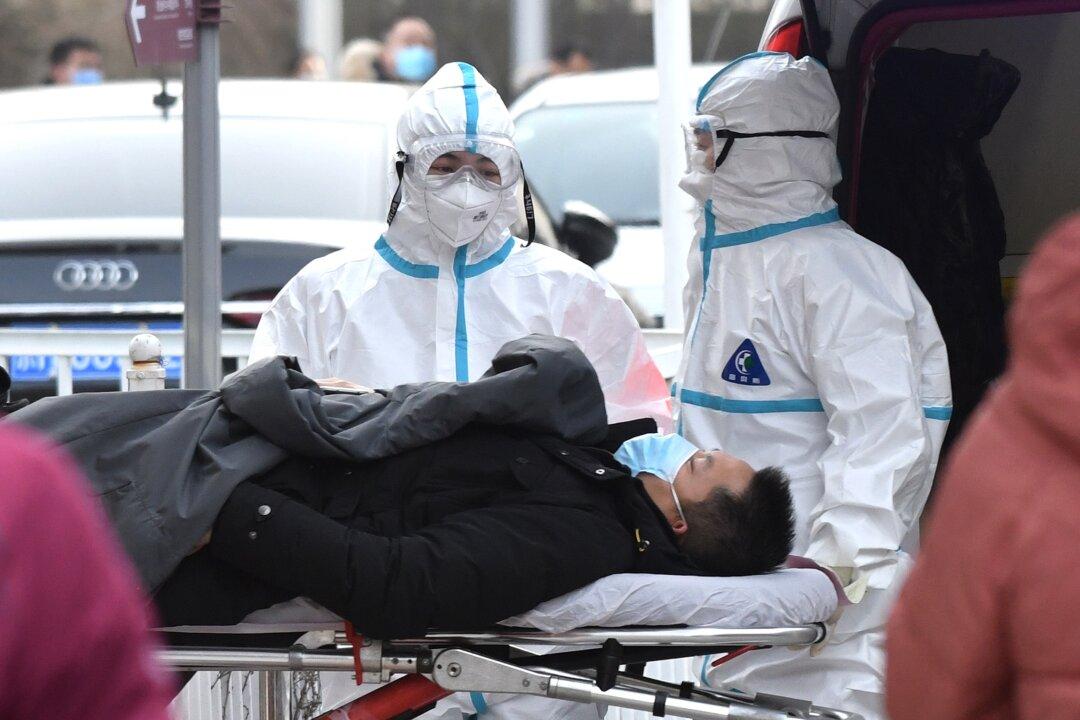Residents in the CCP (Chinese Communist Party) virus hotspots of Shanghai and Harbin say they know of many more infections than what officials have announced, according to interviews with The Epoch Times.
Meanwhile, authorities in Beijing and the provinces of Jilin and Shaanxi mandated more COVID-19 testing, while Hebei Province issued more traffic restrictions, in an attempt to contain local outbreaks.





